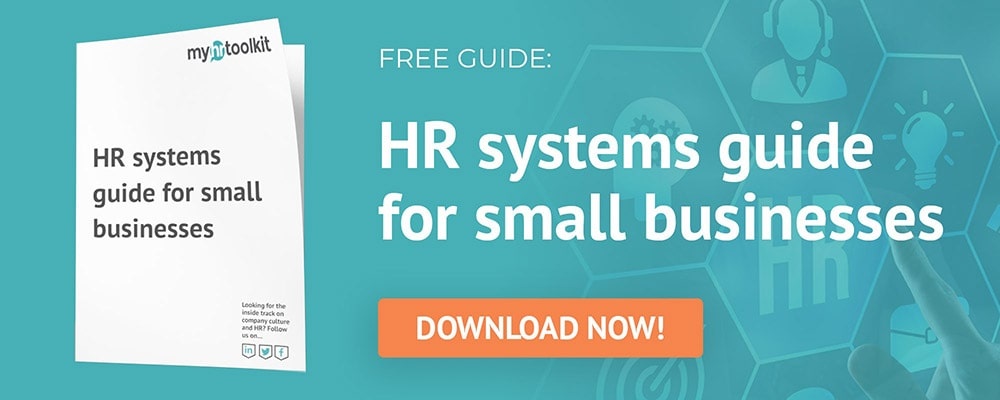Once you’ve considered the key benefits that an HR software system can provide, your next step is to think about the key stakeholders within your business.
It’s important to involve your stakeholders early, not only to make a business case to those involved in the decision-making process, but to ensure you implement an HR software system that fully meets your business’ needs and is embraced by those who will be using it.
Who are the key stakeholders?
The key stakeholders for an HR software purchase will often include:
Strategic directors

Directors are most likely interested in understanding how HR software is going to have a positive impact and support business goals.
Directors are usually concerned about:
- Return on investment
- Profit
- Controlling spend and achieving more for less
- Finding and implementing new growth strategies
Communicate the bigger picture
Be prepared that directors may not be fully aware of the issues underlying your current processes and may see an investment in HR software as unnecessary. Instead of talking about time savings, communicate how processes will change and affect the bottom line. This will be key to bringing directors on board.
HR managers

HR managers will want to know how an HR software system will reduce admin burden so that they can make better use of their time. Look back to when you began your search for an HR software provider and listed all the features you would need and why. This could include holiday management, absence management, document management, etc. List how each of these features will streamline their processes to reduce admin burden and allow them to focus on the things they do best.
IT managers

Above all, IT managers will be concerned about the level of security built into an HR software system and the technical side of implementation and ongoing use. This could includes things such as password security, disaster recovery, backups, data storage etc. Having technical managers on board early is critical to ensure you’re asking the right questions on areas that are often easy to misunderstand.
Users

Your employees (users) will be one of your biggest stakeholders. They will want to understand how an HR software system will make their working life easier and impact them on a daily basis. Therefore, communicate how these self-service features will empower your employees to carry out tasks for themselves and how this will improve processes they're involved with, e.g. booking holiday.
Many HR software systems have different access levels so you can make certain features, such as reports, available/unavailable to each user type. As a result, consider how these differ to ensure you’re communicating the right benefits to the right user type.
Think about your communications strategy
Once you’ve chosen your HR software provider, building trust and confidence from users early on is key. Use face to face meetings, newsletters, emails to keep staff informed about the upcoming change.
Finance managers

Finance managers will be looking to achieve cost savings, increase productivity and enhance visibility across the organisation.
Pricing and additional costs
Do your homework on all costs associated with the system.
- Does the software provider offer tiered access? This may mean some features may be unavailable on its most basic package.
- How will pricing change as your company grows?
- Are there additional set-up costs?
- Is there a cost for support?
- How are you tied in to the service?
Learn more: Types of HR costs and how to reduce them
Present your business case supported by numbers
Review the features of your chosen HR software system and calculate how much time you're currently investing in these areas. For example, how much time are you currently spending on managing and approving holiday requests? How does this effect costs? Finally, how will HR software reduce this and how does this translate to costs?
Learn more: Making the business case for an HR system
Summary
By taking the time to understand and involve your key stakeholders, you will minimise any push back when it comes to making your business case. Furthermore, you'll deliver an HR software system that is well received by its users. For larger SMEs, it's not always easy to speak to every stakeholder within the business. In this case, allocate representatives to ensure you're gathering feedback from every key group.
Previous article in this series: Key contractual terms to check with an HR software provider

Written by Fiona Sanderson
Fiona is Marketing Manager at myhrtoolkit. Her areas of expertise include HR systems, productivity, employment law updates, and creating HR infographics.


 Holiday Planner
Holiday Planner Absence Management
Absence Management Performance Management
Performance Management Staff Management
Staff Management Document Management
Document Management Reporting
Reporting Health and Safety Management
Health and Safety Management Task Management
Task Management Security Centre
Security Centre Self Service
Self Service Mobile
Mobile




